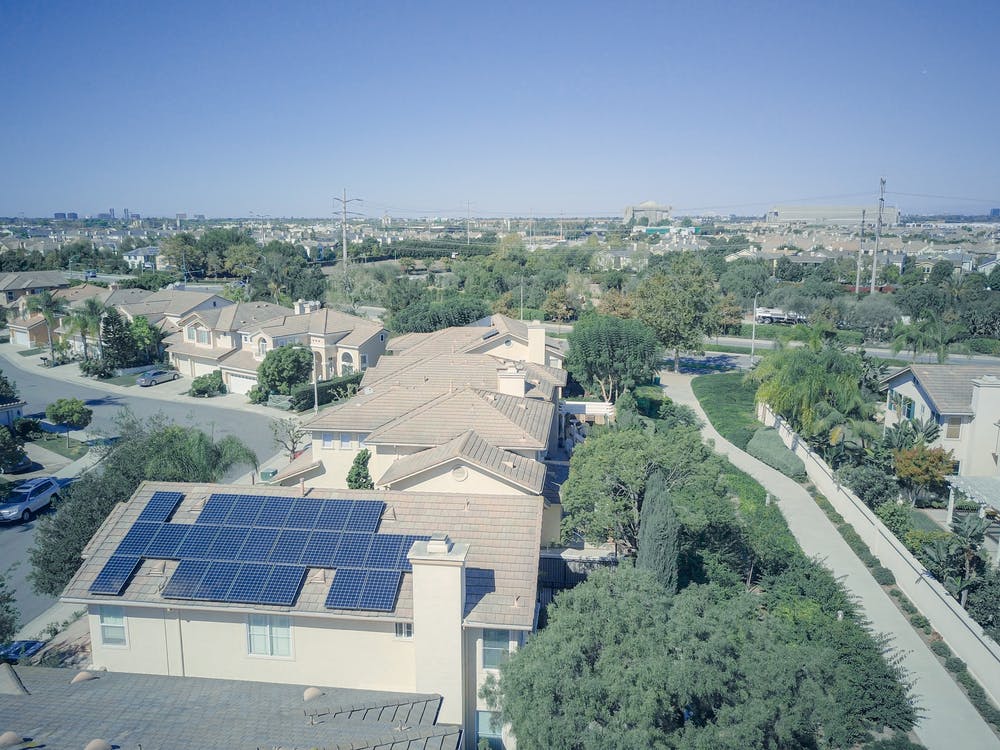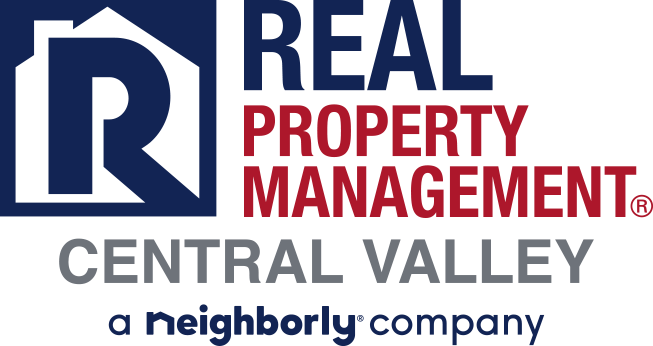New California Solar Bill Would Also Help Renters

California has been the clean energy frontrunner in the United States, and it has been particularly strong in deploying distributed, rooftop solar. Distributed generation, especially when paired with energy storage, has numerous advantages in cost savings, efficiency, a lessened carbon footprint, the preservation of land, and more when compared to centralized resources. The state represents about half of all residential rooftop arrays in the United States with over one million Californians having gone solar to date.
However, community solar programs in investor-owned utility territories, which serve over 75% of the state’s electricity, are conspicuously absent.
One issue that has been raised about residential solar in California is the fact that there is an unequal distribution to who is able to invest in and reap the benefits of solar PV. Across the United States, solar owners have an average income 58% higher than the median income in their county. Plus, there is the utility-backed argument of the “cost shift” in which solar customers are cross subsidized by non-solar customers for paying retail rates for net energy metering. While the cost shift is negligible in nascent solar markets, there is a nonzero effect on California’s energy prices.
With this access and benefits gap in mind, Assembly Bill (AB) 2316 has been proposed, with aims to deploy value-based and grid-responsive community solar projects. It is sponsored by the Coalition for Community Solar Access, and met with strong support from groups like SEIA, GRID Alternatives, Vote Solar, the Sierra Club, the Union of Concerned Scientists, the Natural Resources Defense Council, and more.
The bill, entitled the Community Renewable Energy Program Act, would create a cost-effective community solar program that pools distributed energy resources and expands access to renters and low-income residents. It would also require the California Public Utilities Commission (CPUC) to issue guidelines to ensure at least 51% of the capacity of each community renewable energy facility is subscribed by low-income customers or low-income service organizations.
Without the ability to purchase and install solar directly on a rented residence, community solar offers a pathway to the 45% of Californians who rent their homes, and the 70% of renters who are considered low-income. Other homes may lack the proper structure for solar PV, so community solar offers a pathway for these homeowners to be connected with local solar resources.
Community solar projects are often installed on landfills, former industrial sites, or small parcels of private land. Multiple customers can subscribe and receive credit on their utility bill for their share of the power that was produced.
While states like New York and Minnesota have booming community solar markets, Californians living in the territory of investor-owned utilities do not have access to such a program. AB 2316 aims to establish community solar programs in these investor-owned utility territories, which serve over 75% of the electricity usage in the state.
The bill would:
1) Establish a cost-effective community renewable energy program that supports grid resiliency in California
2) Expand access to distributed generation benefits to all customers, particularly low income
3) Provide an option for meeting the state’s building code mandates. AB 2316 would require the CPUC to establish the program by July 1, 2023, and ensure it results in viable community renewable facilities located on the distribution system of investor-owned utilities. The CPUC would establish a tariff that creates a bill credit rate based on the time-differentiated avoided-cost value of the community renewable energy facility.
Contact RPM Central Valley
At RPM Central Valley, we specialize in local property management for single family and multifamily properties.
If you’re tired of managing your rental property yourself, we can save you time, money and help you to earn better ROI from your properties.
To learn more about the services we can offer you, contact us today by calling (209) 572-2222, or click here to connect with us online.
